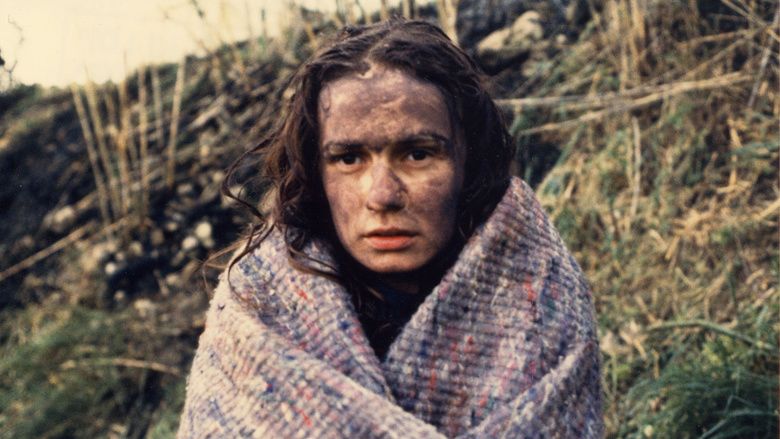
The soul can be fed one of two ways; good cinema, and Deep Fried Oreos. Given how relying on Deep Fried Oreos for spiritual sustenance leads to strokes, it’s best to go with movies for the time being.
The following list of films are transcendent, invigorating and can give us a warm sense of inner-comfort that get us through tax season. Picking up any one of them is likely to give us a renewed sense of perspective on our own lives and maybe even reach a new stage of worldly perception.
1. Good Morning (1959)
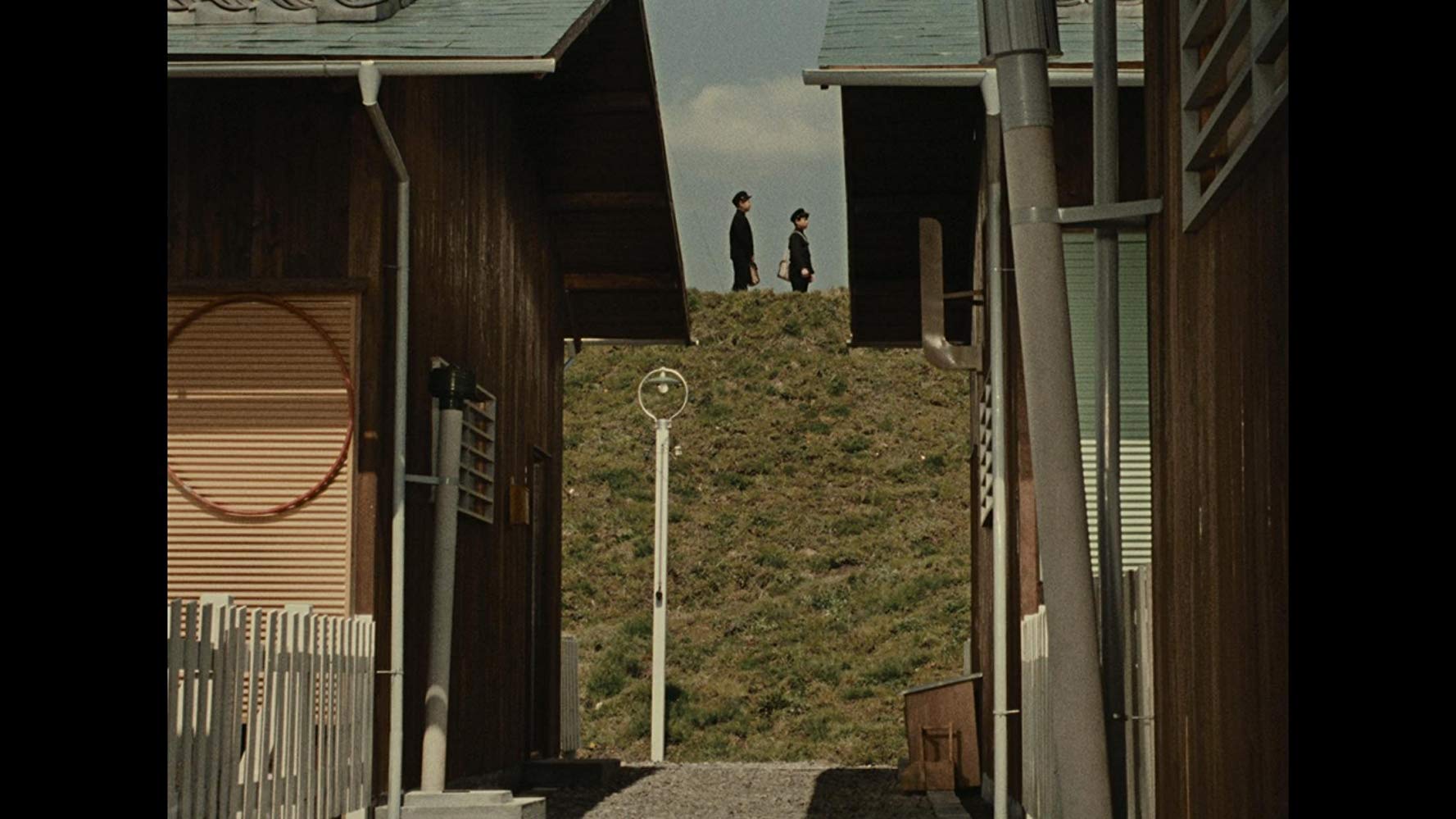
The most entertaining Yasujiro Ozu movie, “Good Morning” remains a brilliant satire on the absurdity of human communication. The Hayashi brothers take a vow of silence until their parents buy them a television set, upending their communities perfectly crafted small-town machine that relies on gossip and superficial pleasantries.
Ozu is a master at capturing the rhythms of everyday life, though by focusing his craft for comedy he creates an experience as hilarious as it is cringingly relatable. Everything from meaningless small talk about the weather to drunken lamentations about corporate damage hits close to home, making the humor all the more potent and cementing “Good Morning” as a timeless classic. Plus farts…lots of farts. God bless Ozu.
2. YiYi (2000)
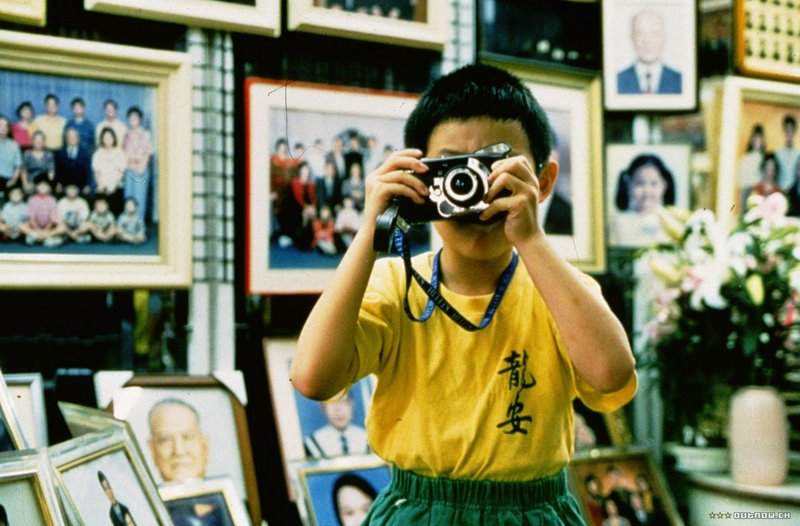
No other modern filmmaker is as missed as Edward Yang. Yet we will be forever grateful to him for leaving us with “YiYi”, a movie whose narrative intimacy is complemented exquisitely with perhaps the best cinematography of the last twenty years.
The movie is about broken and often very stupid people striving to learn and be better. They fail constantly, yet through their missteps we love the characters even more. We fall in love with businessman NJ’s connection with the humanely genuine video game developer Ota, Ting Ting’s painful first romance and Yang-Yang’s desire for adolescent respect and clarity.
Yang, genius that he is, balances gorgeous framing with his actor’s lively and improvisational-like performances, achieving the rare blend of cinematographic beauty and naturalistic acting. Yang lets his actors breathe in his immaculate production and in doing so achieves a work so sublime that it imprints itself onto anything with a pulse. Farewell, Edward Yang.
3. The Apu Trilogy (1954, 1955, 1959)
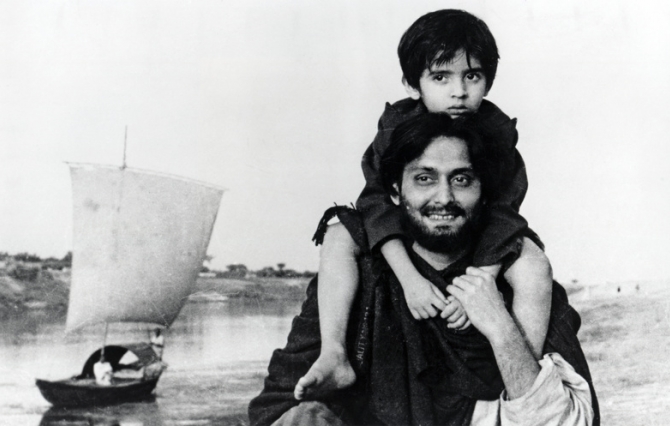
The greatest cinematic bildungsroman, Satyajit Ray’s seminal trilogy rips your heart out and beats you within an inch of your life with it. The saga of Apu, the aspiring writer whose familiar seems to be the Grim Reaper, is best appreciated when taken as a whole.
Each film builds upon Apu’s development and in turn deepens the audience’s understanding of the world/society he lives in. “Pather Panchali” portrays an impoverished community stuck in time, where a train is treated as though it were a UFO. “Aparajito” shows Apu coming into his own while his own family deteriorates.
Out of the three, “Apur Sansar” is the strongest with Ray’s skills taken to their peak in showcasing the pains of becoming a responsible adult. Yet no matter which film is your favorite “The Apu Trilogy” is a master class in correlating characterization with an environment. Iconic moments like Apu and his sister following the candy salesman and Apu releasing his manuscript into the wind prove the power of cinema and in turn stitch “Apu” into eternity.
4. Love Streams (1984)
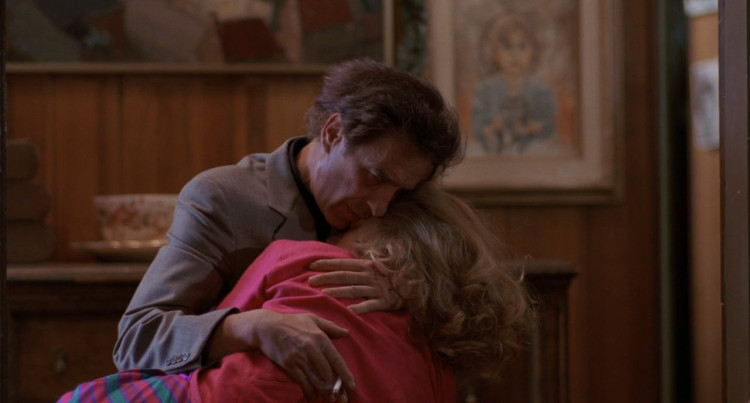
John Cassavetes was diagnosed with cirrhosis of the liver and given six months to live. Upon learning of his fate, Cassavetes devoted his energy into making what might be his masterpiece, deciding then and there that if he was gonna go, he was gonna go out swinging.
Siblings Sarah Lawson (Gena Rowlands) and Robert Lawson (Cassavetes) only have each other, both destroying any healthy relationships they have with self-loathing, substance abuse, and psychological selfishness. Cassavetes always wanted to get at the roots as to why human relationships were so damn hard, often showing the chaotic sides that most other directors shied away from.
“Love Streams” is as maddening as any of the director’s other work, yet is tinged with a level of desperation that makes it the most heartbreaking. From Robert’s son proclaiming love for his father, to Sarah trying to cheer Robert up with animals, “Love Streams” features moment after moment of humane ache.
One of the last scenes where Robert laughs at his pit-bull manifesting as a naked smiling man channels laughter and sadness like few other filmic moments. Liked “YiYi”, “Love Streams” is all the more painful knowing that it is the last true work by an immortal master.
5. Vagabond (1985)
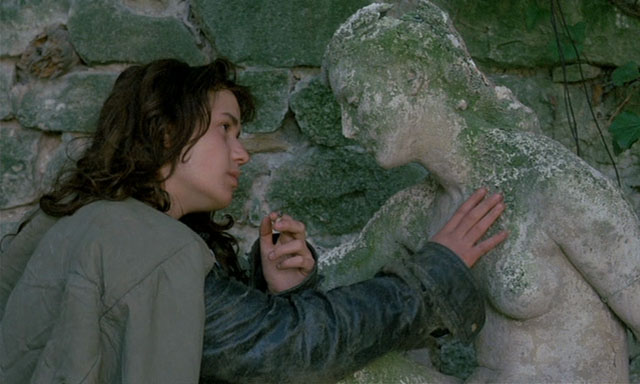
Agnes Varda was the best filmmaker of the French New Wave because she was always challenging herself. All of her films are distinctive in style, script, and technique, culminating in “Vagabond”, maybe the best road movie ever.
Protagonist Moana is broken by the 9 to 5 mundanity of life, choosing instead to wander rural France scavenging for food and shelter. The script shows a wide range of perspectives to Mona’s choices; from a professor pitying her to a migrant field worker coming close to making a life with her.
The scenes where Mona buts head with a former PhD candidate turned farmer are particular favorites, as it showcases the pragmatic way to go about rejecting society ala working in tandem with nature. Yet Mona is one who escapes for the sake of escaping, and “Vagabond” illustrates both the joys and horrors of being untethered.
“Vagabond’s” full power lies in the specificity of its characters as everyone adds to the movie through their traits or embodied ideas. The world of “Vagabond” feels lived in, i.e it has a life beyond the present plot, an element all movies must learn from.